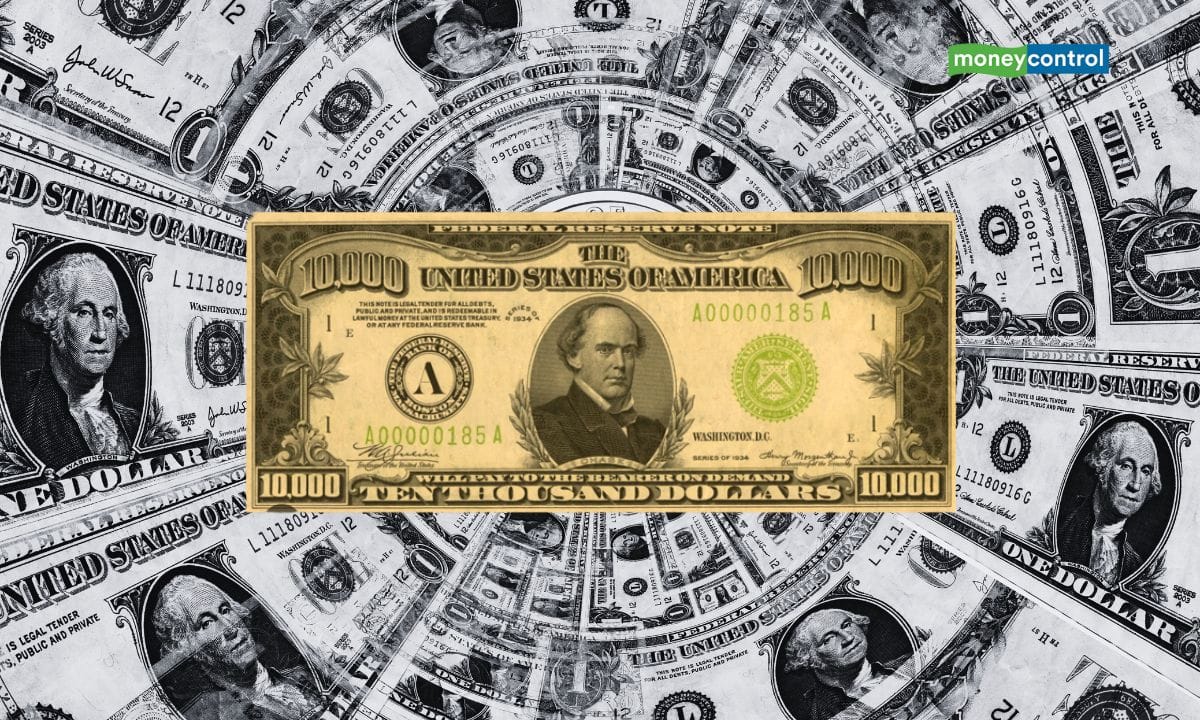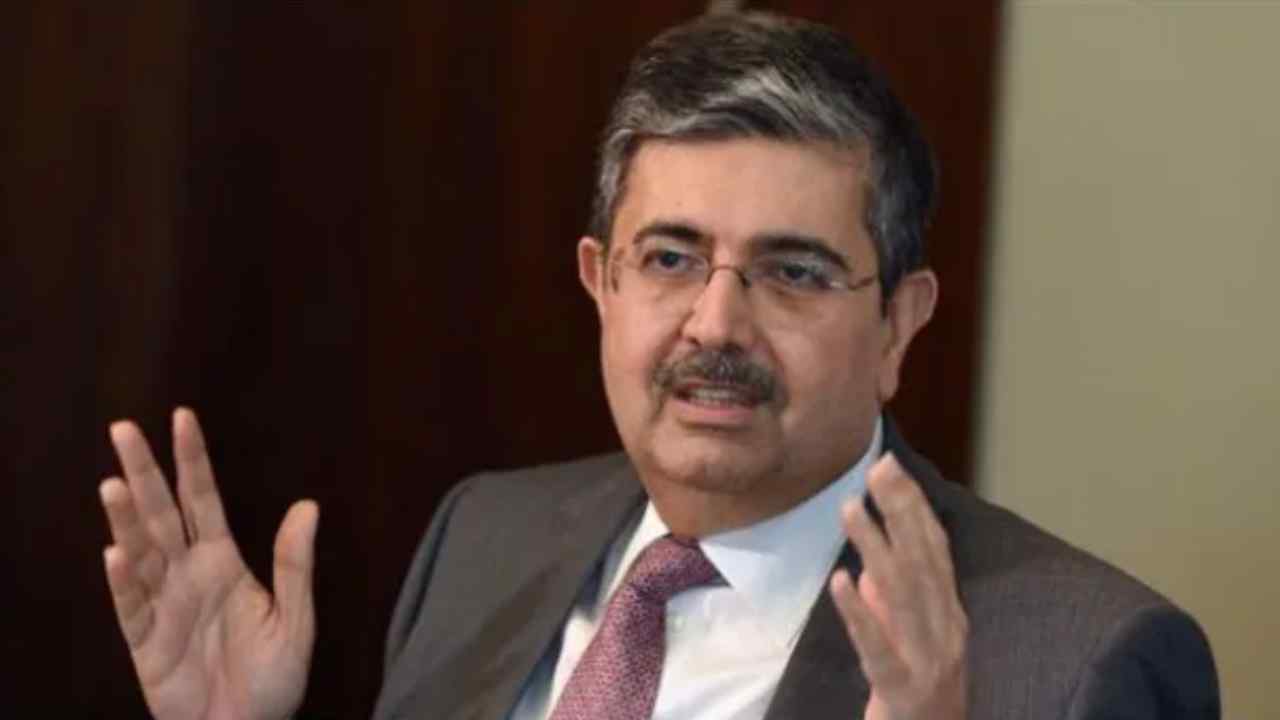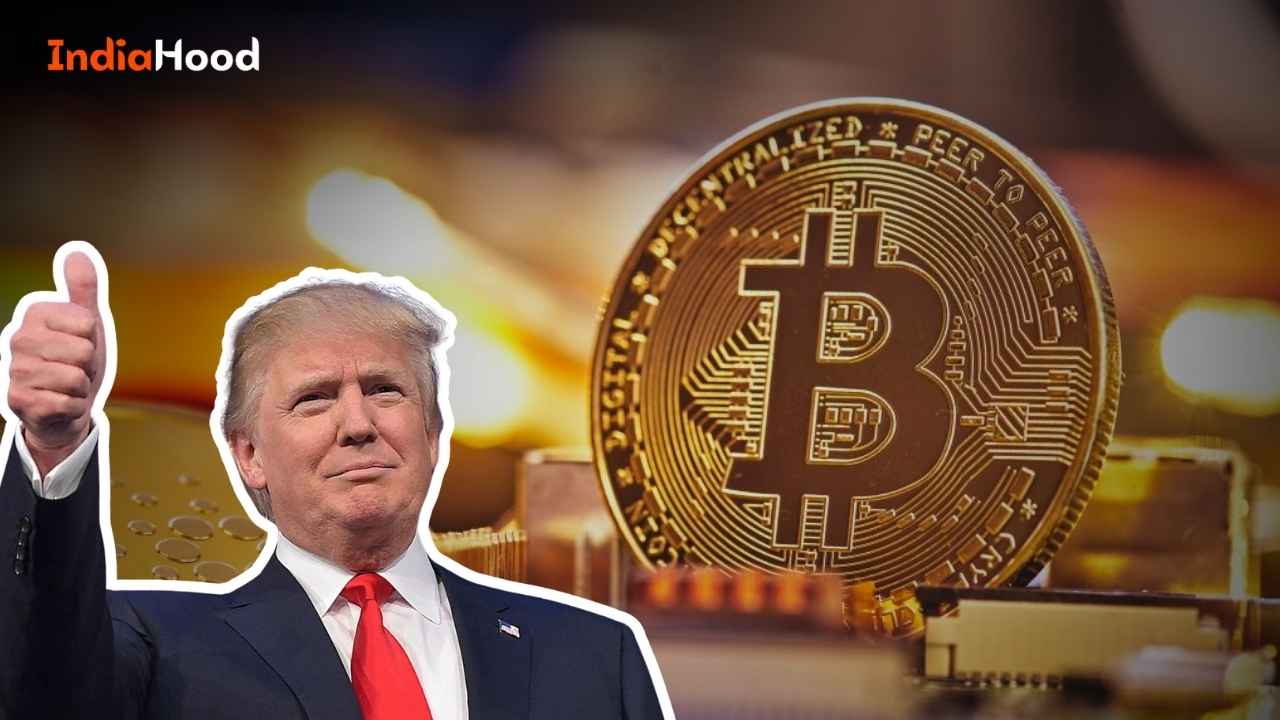Global Economic Outlook: The Impact of U.S. Interest Rates and China’s Slowdown
At a recent summit in Singapore, financial experts gathered to discuss the implications of potential interest rate cuts by the U.S. Federal Reserve. While some anticipations were rooted in optimism, it was clear that the prevailing concerns surrounding China’s economic slowdown are likely to dominate the global investment landscape.
Federal Reserve’s Interest Rate Decisions
Ray Dalio, the founder of the investment management firm Bridgewater Associates LP, expressed scepticism about the potential impact of interest rate cuts by the Federal Reserve in the long term. He emphasized that the real interest rate must be kept low to avoid significant disruptions for both creditors and debtors. This sentiment reflects the delicate balance that policymakers must maintain as they navigate economic recovery.
The Current Interest Rate Environment
Interest rates in the United States have been at a two-decade high for over a year, leading to expectations of a possible cut. The speculated reduction could range from 0.25 percent to 0.50 percent, which has resulted in a divided opinion among investors and financial experts. Jody Johnson, Vice Chairman of Capital Group Companies Inc., urged investors to focus on long-term strategies rather than short-term fluctuations, advising equity investors to consider a 5 to 10-year horizon when planning their portfolios.
Concerns over China’s Economic Slowdown
During the summit, there was significant discussion about the implications of economic challenges in China. Jonathan Goldstein, CEO of Ken International, stated that the Federal Reserve’s interest rate hike is as crucial as the ongoing return of employees to office spaces for the real estate sector. The prevailing economic dowturn in China is raising alarms among investors, particularly as the government faces mounting pressure to unveil fiscal and monetary support packages aimed at achieving a growth target of 5 percent.
Dalio’s Perspective on China’s Challenges
Dalio noted that a small portion of his family office’s investments are allocated to China, demonstrating his cautious approach in the face of the country’s economic troubles. He acknowledged the gravity of the situation, indicating that significant reforms may be necessary for the Chinese economy to regain stability and growth momentum.
Conclusion: A Call for Strategic Planning
With the U.S. Federal Reserve’s interest rate decisions looming, the intersection of global economic conditions, particularly the slowdown in China, presents a complex challenge for investors. As the financial landscape continues to evolve, focusing on long-term strategies rather than immediate market responses will be vital for navigating the uncertainties ahead.










